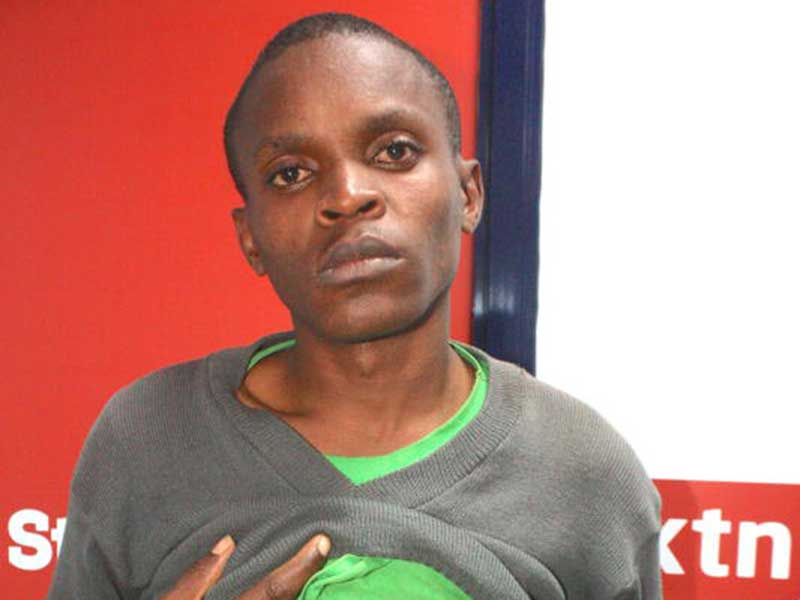×
The Standard e-Paper
Smart Minds Choose Us

Matthew Kitoo’s feet were as cracked as his lips. But that only told a fraction of the pain he has been through.
He gazed around with anticipation, his sorry look crying loud for help, contrary to his frail whispering voice.